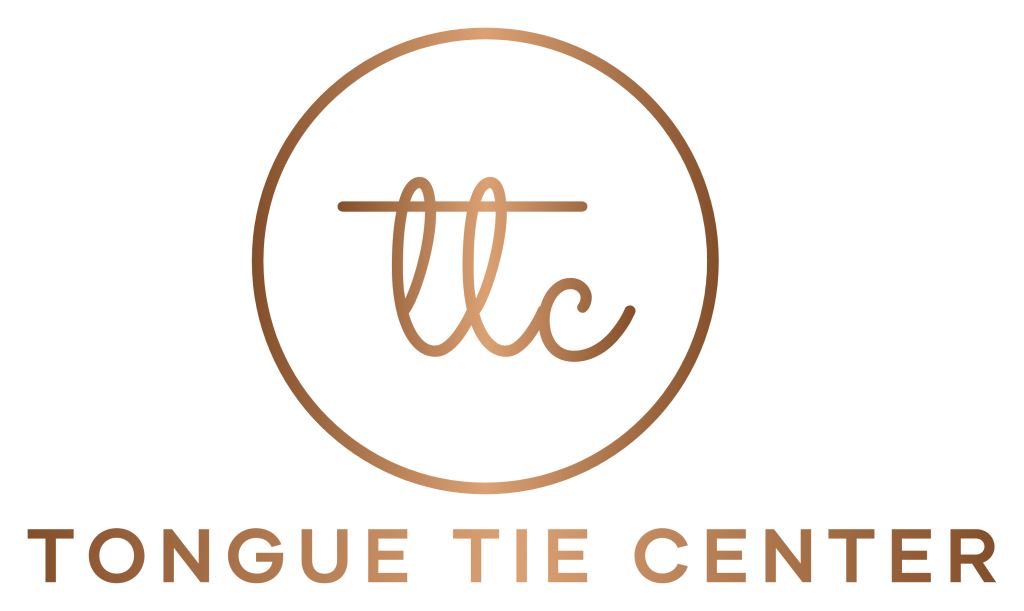Advice for Tooth Grinders
This article provides professional treatment advice for people who suffer from Bruxism; sub-conscious teeth grinding that is generally a result of stress.
Teeth grinding. You may be completely unaware that you do it, but it could lead to the very early demise of your pearly whites! Bruxism, as the condition is officially termed, is characterized by the clenching of the jaw and/or the grinding of the teeth. Now, most of us do this as an expression of anger, frustration and stress. But one of the biggest problems with this condition is that we mostly do it sub-consciously, or at nighttime when fast asleep. And without regular attention from a dental professional, our teeth can quite literally be ground down to the dentine; the tooth structure underlying the dental enamel. Essentially, Bruxism, if left undiagnosed and without treatment, does permanent damage to the teeth that may see patients requiring dental crowns, root canal therapy and even dental implants should the latter fail, says Dr. Levine.
Possible Causes of Bruxism
 It is not entirely clear what the cause of jaw clenching and teeth grinding is, says Dr. Levine. Diagnoses vary from patient to patient, but the most common underlying cause of Bruxism is believed to be daily stress and how efficiently people cope with this stress. Recognizing Bruxism is easy if the condition has gone unchecked for many years; the grinding surfaces of the teeth will have been worn down substantially, says Dr. Levine.
It is not entirely clear what the cause of jaw clenching and teeth grinding is, says Dr. Levine. Diagnoses vary from patient to patient, but the most common underlying cause of Bruxism is believed to be daily stress and how efficiently people cope with this stress. Recognizing Bruxism is easy if the condition has gone unchecked for many years; the grinding surfaces of the teeth will have been worn down substantially, says Dr. Levine. In some cases, this erosion is so advanced, that the softer and darker-colored dentine underlying the enamel has been exposed! This part of the tooth structure is more porous and less resistant to acid and bacteria, which leaves the entire tooth extremely vulnerable. It is for this reason that teeth grinders so frequently require ceramic restorations and root canal therapy, say Dr. Levine.
In some cases, this erosion is so advanced, that the softer and darker-colored dentine underlying the enamel has been exposed! This part of the tooth structure is more porous and less resistant to acid and bacteria, which leaves the entire tooth extremely vulnerable. It is for this reason that teeth grinders so frequently require ceramic restorations and root canal therapy, say Dr. Levine. The Symptoms of Bruxism
The symptoms of severe teeth grinding include:
• Temporomandibular joint problems (TMJ): Jaw clenching can put undue stress on the muscles and tissues in and around the joint between the mandible (lower jaw) and the temporal plates of the skull. This can result in pain and inflammation of this joint and its muscles.
• Ear ache: Due to the proximity of the ear canal to the temporomandibular joint, teeth grinding, can cause pain to refer to the ears.
• Headaches: Caused by referred pain from the temporomandibular joint.
• Tooth sensitivity to hot or cold temperature extremes and to sweet foods and drinks. This is caused by the erosion of the tooth crown’s natural protective layer, the dental enamel, says Dr. Levine. The more exposed collection of nerves in the pulp chamber thus reacts more readily to such temperature extremes.
• Worn teeth: One of the most obvious indications of Bruxism is the wearing down of the tooth crowns. This can be so severe that the teeth end up looking as though they have literally been sawed in half (see image below)!

Bruxism, explained Dr. Levine, is also linked with depression, anxiety, tension, stress, insomnia and eating disorders.
The Treatment for Bruxism
If you have experienced any of the above-mentioned signs or symptoms, you should visit Dr. Levine immediately. They will be able to tell from the condition of your teeth whether you do indeed grind them excessively. Dr. Levine will then, first and foremost, take molds of your teeth to facilitate in the fabrication of a mouth guard. This will prevent you from doing any further damage to your dental enamel. Then, it will be determined whether you require treatment for any existing damage you have done; this may involve the placement of caps, fillings, crowns or other protective restorations. Dr. Levine will also make sure that no opportunistic bacterial infections have set in anywhere.
The long term treatment of Bruxism involves the identification of the source of stress, depression or anxiety and the treatment thereof, says this Dr. Levine.
The post Advice for Tooth Grinders appeared first on Kenneth R. Levine, DDS.
The post Advice for Tooth Grinders appeared first on Kenneth R. Levine, DDS.

